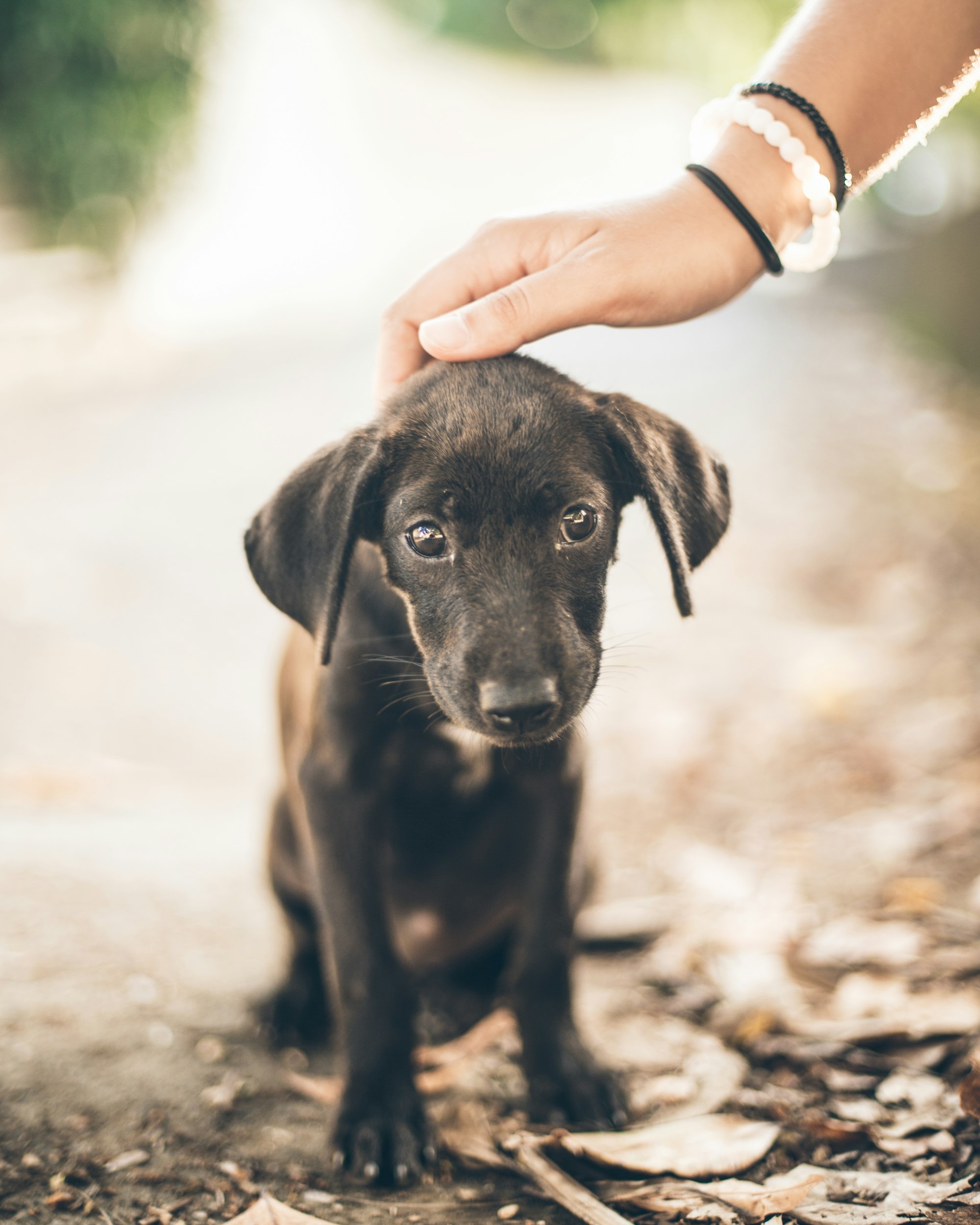Supreme Court order in favour of strays

Up until recently feeding stray dogs in our country was a big issue, in fact even after orders given by the Supreme Court, people still have issues with the few kind people helping the strays!
The Supreme Court has revoked an earlier stay on a High Court order of feeding stray dogs, which is sure to delight dog lovers all over the country!
In March 2022, the Supreme Court overturned a High Court judgement that established guidelines for the feeding of animals.
The court said, "Care and caution should be used to ensure that it does not impede on the rights of others" and that no damage should come to others, in a High Court judgement in July 2021.
The Animal Welfare Board of India, in cooperation with municipal corporations or resident welfare organisations, was to assign specific feeding locations for the stray dogs.
The petitioners claimed that the court failed to distinguish between stray and pet animal behaviour, and that the rules might lead to aggressive territorial clashes between dogs.
The Supreme Court has given notice of a petition filed by a society dedicated to human-animal peace, which cites a 2015 Supreme Court ruling prohibiting high courts from issuing orders concerning dogs under the 1960 Prevention of Cruelty to Animals Act.
By the appeal made by Humane Foundation for People and Animals (HFPA) against a Delhi high court order of June 24 last year, a panel of justices Vineet Saran and Aniruddha Bose issued notice to the Animal Welfare Board (AWB) and the Delhi government.
"Meanwhile, operation of the assailed order should remain stayed," the bench stated in postponing the case for six weeks.
"It is the duty and responsibility of every resident welfare association or municipal corporation (in case RWA is not available) to make sure that each and every community dog in each and every area has access to food and water in the absence of caregivers or community dog feeders in the absence of caregivers or community dog feeders.”
The high court ordered the involved RWA, municipal entities, public agencies, including the police, to provide all support and guarantee that carers and feeders of community dogs are not inconvenienced. The decree also instructed the police to guarantee that no neighbourhood citizens harass any caregivers or community dog feeders. The HC further asked the Animal Welfare Board (AWB) to establish an animal welfare committee in each society to ensure this.
According to municipal data, approximately 32,000 dog attacks were reported in Delhi last year, the majority of which were caused by communal dogs. Most residents find feeding neighbourhood dogs to be a contentious matter, with regular clashes between dog lovers and dog haters.
These canines cannot be euthanized or simply transported off due to legal constraints on both. However, in most neighbourhoods, volunteer animal organisations look after them, sterilise them (to keep their population low), and try to place aggressive community dogs in shelters at their own expense.
The HFPA said in its appeal that the important issue was not whether feeding dogs is bad or not, but whether it is legal under the Supreme Court's ruling.
The directions were given by the Delhi high court with reference to the Animal Birth Control (Dogs) Rules, 2001, also known as the ABC Rules, and the 1960 PCA Act, according to senior counsel Sanjay Sarin, who represented HFPA.
He showed a Supreme Court ruling issued on November 18, 2015, in a case involving the culling of stray dogs, in which the court said unequivocally, "High courts not to pass any order relating to the 1960 Act and the 2001 Rules refer to dogs."
On Friday, the same highest court bench gave notice in a second appeal brought by a group of women members of a society who were fed up with dogs being fed in their neighbourhood, which had become a public nuisance. They, too, were unhappy that the Allahabad high court threw up its hands in despair in light of the top court's view, which ignored the reality that dog attacks had grown in the community.
In their appeal, filed through Counsel Nirnimesh Dube, the HFPA stated that data reveal that over seven million dog attacks occur each year, with the underprivileged being the majority of victims.
The Delhi high court's decision was based on "many obviously deceptive, irrelevant, and factually wrong assertions and disinformation with regard to canine behaviour, stray dog problems, general facts about dogs, and also with respect to the existing legislation," according to the petition. Community dogs were permitted to be fed in open locations prior to the HC establishing guidelines, according to the report.
The case in front of the Delhi high court began as a private disagreement between two inhabitants of Delhi's Inderpuri neighbourhood. Maya Chablani, a resident, filed the case to prevent Radha Mittal, another resident, from feeding dogs near the property where she slept. Despite the amicable resolution of the case, the HC appointed lawyer Pragyan Sharma as amicus curiae and, with the help of the Delhi government and the AWB, drafted rules for feeding community dogs.
It is extremely essential to feed these babies on the streets because if we won’t who else will, they would starve to death and dehydrate from the heat in our country if certain moles in our community would let the few who care about animals on the street. Nevertheless, this is a big win for all the dog lovers who care about these little ones.
